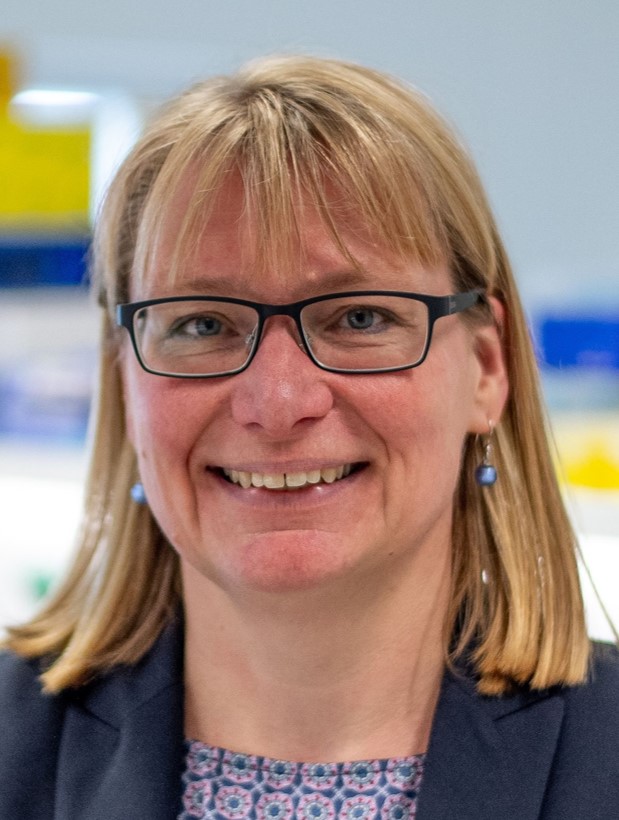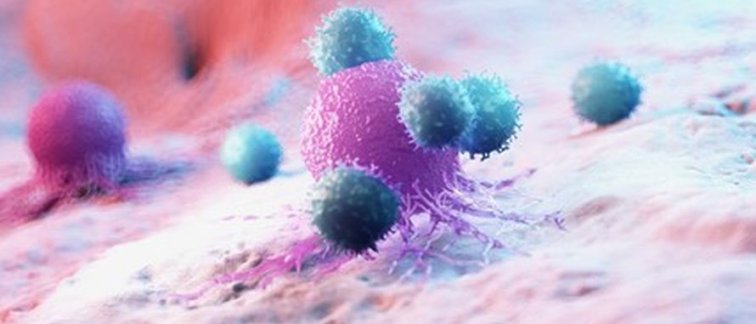Liver cancer is a leading cause of death. Furthermore, the liver is a common site of metastasis, especially from colon cancer, and has a poor prognosis. Therefore, we urgently need new treatment options that target all types of liver cancer.
Cancers can trick our finely tuned immune regulatory system into suppressing immune attack. To counter this, checkpoint inhibitor drugs are often used as a cancer treatment to subdue cancer trickery. Unfortunately, these drugs have not been particularly successful against liver cancer. Checkpoint inhibitors may work better if the immune system could be simultaneously stimulated into action. This may be possible by administering a cancer vaccine.
Traditional vaccines prevent illness by priming the immune system to defend against viral or bacterial agents before exposure. However, developing a vaccine for cancer is more challenging because cancer cells originate from our body and therefore highly similar to other cells. Instead of preventing disease, therapeutic cancer vaccines work differently; they stimulate our body’s natural immune response to a threat that is already present. Trials with various types of these vaccines are ongoing for some cancers, but as yet, none for liver cancer.
A state-of-the-art vaccine
Therapeutic vaccines activate production of cytotoxic T-cells in lymph nodes or the spleen. These cytotoxic T-cells can recognize and kill tumor cells. However, they must be attracted to the liver where they can locally kill tumor cells. Therefore, two components (activation and attraction) should be present in vaccines to stimulate cytotoxic T-cells that home in on the liver.
“With funding from KWF, our goal is to make and test vaccines for liver cancer that can stimulate liver-resident cytotoxic T-cells to inhibit tumor outgrowth,” says project leader Dr. Joke den Haan, associate professor of cellular immunology.
A team of Erasmus MC that collaborates with Dr. den Haan in this KWF project has previously identified antigens for both primary liver cancer and for Hepatitis B Virus (HBV), which often causes chronic liver inflammation that can lead to cancer. Furthermore, the team of Dr. den Haan has already developed a liposome-based vaccine containing tumor antigens that can activate cytotoxic T-cells. Liposomes (fat globules) are widely used as a delivery vehicle for therapeutic molecules due to many advantageous features such as, in this case, higher absorption by immune cells in the liver.
Dr. den Haan explains, “We hypothesize that this T-cell activation is achieved by uptake of the vaccine by spleen and liver cells, and that provides the appropriate inflammatory environment for T-cell stimulation in the spleen and attraction to the liver.”
The next steps
Dr. den Haan and her team will test trial vaccines on mouse models to characterize the cytotoxic T-cell response in the liver and optimize vaccine efficacy. Next, the team will determine the potency of these liver cytotoxic T-cells on cancer cells as well as their interactions with other cells. They will then test the vaccines against two types of liver cancers. Finally, they will make a human glycolipid cancer vaccine for liver cancer and analyze its efficacy. “Ultimately, we will produce cancer vaccines with human HBV and liver cancer antigens,” says Dr. den Haan.
“We aim to develop a vaccine that stimulates strong liver resident cytotoxic T-cell responses and attack both primary liver cancer and colorectal liver metastases,” states Dr. den Haan, “This vaccine hopefully may one day improve survival rates from liver cancer when used in combination with other immunotherapies.” Furthermore, the outcome of this study may benefit other types of metastasized liver cancer once the relevant antigens have been identified.

Dr. Joke den Haan.
For more information contact Dr. Joke den Haan.
People involved:
Dr. Klaas van Gisbergen
Prof. Hans van der Vliet
Prof. Tanja de Gruijl
Prof. Yvette van Kooyk
Dr. Sonja Buschow*
Dr. Jaap Kwekkeboom*
* Not affiliated with Cancer Center Amsterdam – Amsterdam UMC
Text by Lynita Howie.

